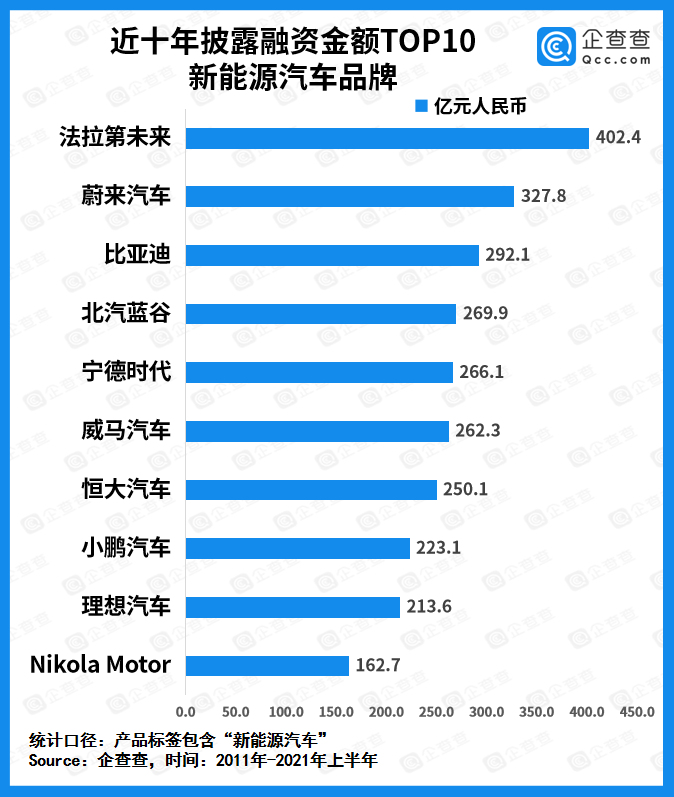```html
Blockchain Vehicle Loan Data

Blockchain technology has introduced transformative possibilities across various industries, and the automotive sector is no exception. When it comes to vehicle loan data management, blockchain offers unparalleled advantages in terms of security, transparency, and efficiency.
Traditional methods of storing vehicle loan data often involve centralized databases, which are vulnerable to hacking and data breaches. Blockchain, however, utilizes decentralized networks where each transaction is securely recorded across multiple nodes. This distributed ledger system ensures that data remains tamperproof and resistant to unauthorized alterations.
Blockchain technology enables transparent and immutable recordkeeping of vehicle loan transactions. Every step in the loan process, from application to approval and repayment, can be recorded on the blockchain. This transparency builds trust among stakeholders, including lenders, borrowers, and regulatory authorities, by providing them with realtime access to accurate and unalterable data.
By eliminating the need for intermediaries and automating manual tasks, blockchain streamlines the vehicle loan process. Smart contracts, selfexecuting contracts with predefined rules encoded on the blockchain, can facilitate automatic loan approvals, payment processing, and collateral management. This reduces paperwork, minimizes processing delays, and lowers operational costs for both lenders and borrowers.
Blockchain technology enhances risk management in vehicle lending by providing a comprehensive view of borrowers' creditworthiness and loan histories. Through secure identity verification and data sharing, lenders can assess risk more accurately and offer tailored loan products. Additionally, blockchain enables the creation of transparent credit scoring models based on verified data, leading to fairer lending practices.
With stringent regulatory requirements governing the automotive finance industry, compliance is paramount for lenders and financial institutions. Blockchain's transparent and auditable nature simplifies compliance with regulations such as antimoney laundering (AML) and Know Your Customer (KYC) requirements. By maintaining a secure and immutable record of transactions, blockchain helps lenders demonstrate compliance and mitigate regulatory risks.
While the potential benefits of blockchain in managing vehicle loan data are significant, successful implementation requires careful planning and collaboration among stakeholders. Here are some key considerations:
- Technology Integration: Evaluate blockchain platforms and solutions that align with your organization's infrastructure and requirements. Collaborate with technology partners to seamlessly integrate blockchain into existing systems.
- Security Measures: Implement robust security protocols to safeguard sensitive loan data against cyber threats and unauthorized access. Utilize encryption techniques, multifactor authentication, and periodic audits to enhance data protection.
- Regulatory Compliance: Stay abreast of regulatory developments and ensure compliance with relevant laws and industry standards. Engage legal experts to navigate the complex regulatory landscape and establish governance frameworks for blockchainbased loan processes.
- User Education: Educate stakeholders, including employees, customers, and regulatory authorities, about the benefits and functionalities of blockchain technology. Provide training programs and resources to promote adoption and understanding of blockchainbased loan services.
- Continuous Improvement: Continuously monitor and evaluate the performance of blockchain systems, seeking feedback from users and incorporating lessons learned into future enhancements. Embrace a culture of innovation and agility to adapt to evolving market trends and technological advancements.
In conclusion, blockchain technology offers a transformative solution for managing vehicle loan data, enhancing security, transparency, and efficiency throughout the lending process. By leveraging blockchain's capabilities and adhering to best practices, financial institutions can revolutionize the automotive finance industry and deliver superior value to customers.

